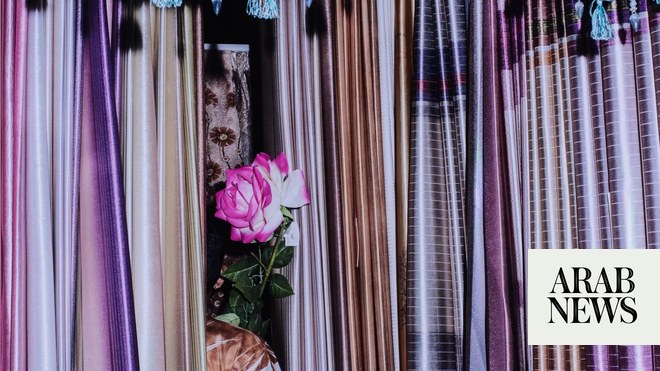
Israel’s Arab parties looked poised on Tuesday for their largest-ever representation in parliament, propelled by what analysts say is anger toward Israeli Prime Minister Benjamin Netanyahu and his US allies.
The Joint List coalition of Arab factions looked set to take 15 of parliament’s 120 seats with more than 90% of the vote counted, a two-seat boost for representatives of the 21% Arab minority.
Arab voter turnout surged to 64.7%, its highest in 20 years, according to Arik Rudnitzky, a researcher with the Israel Democracy Institute (IDI).
Politicians and analysts said the strong showing helped limit gains by Netanyahu’s right-wing Likud party and its partners, which appeared to fall just short of a governing majority after Monday’s vote.
Joint List chairman, Ayman Odeh, made no secret of his wish to become the face of the Israeli left -- for both Arabs and Jews.
“The Netanyahu regime does not have 61 (seats) for one reason: the ascendance of the Joint List,” he said in the Arab city of Shefaram to cheering supporters, who snapped selfies with politicians late into election night.
"I want to congratulate our public, both the Arab and the many Jewish voters who supported the Joint List," Odeh told reporters Tuesday morning.
"This is the beginning of strengthening the true left," he said. "I call on leftists to not despair or do any soul-searching, but to think about a partnership... real democracy, real equality between Jews and Arabs in the country and social justice for the weak."
But the Joint List is unlikely to translate its record showing into influence during coalition negotiations as no Arab party has ever sat in an Israeli government.
The leader of main Likud rivals, the centrist Blue and White party, denied that a government led by it would rely on the Joint List after Likud tried to taint it during the campaign by associating it with Arab lawmakers.
Get out the vote
Many of Israel’s Arab citizens have protested against a proposal in US President Donald Trump’s peace plan - dubbed “The Deal of the Century” - that would put a cluster of Israel’s Arab towns near the West Bank into a future Palestinian state.
The Joint List played on Arab anger in those border communities at the prospect of being denied the benefits of Israeli citizenship to encourage people to vote.
It also picked up support from Arab citizens who voted for non-Arab, left-wing Israeli parties in the country’s last election in September, according to Rudnitzky, the IDI researcher, reported Reuters.
In Taibe, a tree-lined Arab village that could be moved outside Israel under Trump’s plan, Ahmad Aweidah said he voted to push back against what he called “Netanyahu’s racism” and to reject the US Mideast proposal.
“The Deal of the Century stirred something up in the Arabs. It got them to go vote to try to stop it,” the 27-year-old fishmonger said.
Rinad Musleh Jbara, another Taibe resident, said she hoped the Joint List’s strong showing “will add to peoples’ awareness of the need to exercise their natural, democratic right to vote in elections for the Knesset”.
Israel’s Arab minority - Palestinian by heritage, Israeli by citizenship - is mostly descended from the Palestinians who lived under Ottoman and then British colonial rule before staying in Israel after the country’s 1948 creation.
Arab lawmakers often call for an end to Israel’s occupation of the Palestinian Territories and complain their communities face discrimination in areas such as health, education and housing.
Netanyahu’s party counters that its 15 billion-shekel ($4.34 billion) investment plan for the Arab sector is the largest ever by an Israeli government.











